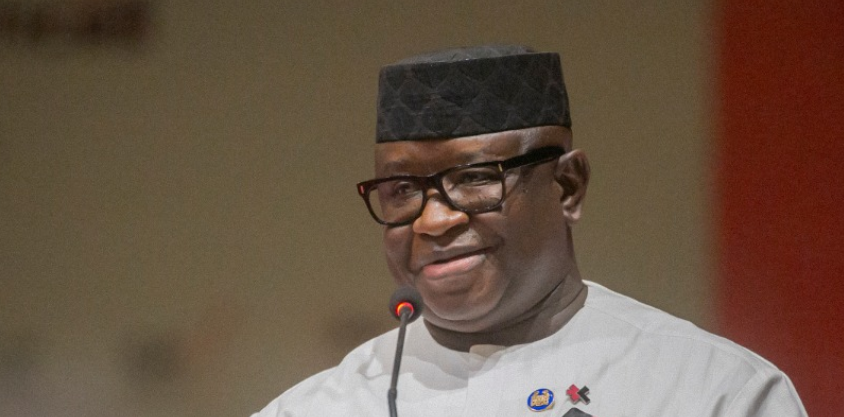After finishing his education at home, Julius Maada Bio, President of Sierra Leone, went on to study in the UK and finally in the US. He is former military, married, and has four children. During the 10th African Conference on Sexual Health and Rights, held earlier this month in the capital of Freetown, Bio announced that his government unanimously supports the bill that aims to decriminalize abortion in the country.
“At a time in the world when women’s sexual and reproductive health rights are being revoked or threatened, we are proud that Sierra Leone can once again be a leader by implementing progressive reform,” the president said, evidently in response to the overturning of Roe v. Wade by the US Supreme Court. “I want it to be normal,” he added, “that an African man, an African leader, can and should speak freely and publicly about menstruation, because there is no shame in menstruation.” God forbid. But “maybe” the two things do not carry equal weight.
Sierra Leone’s current abortion law dates back to 1861 and allows the procedure of eliminating the baby in the womb only if the mother’s life should be at risk. In 2015, parliament reportedly passed a law called the Safe Abortion Act, but then president Ernest Bai Koroma refused to sign it, arguing rather for a popular referendum. Now, according to President Bio, parliament is ready to debate and vote on the Risk-Free Motherhood bill.
Data on maternal deaths, from causes directly or indirectly related to pregnancy and childbirth, as well as those related to “unsafe” abortion, are cited as valid and fundamental reasons for the adoption of new regulations in this African country, but what is neglected is the careful scientific investigation and analysis by, for example, Dr. Calum Miller, who has previously pointed out the distorted and instrumental use of such data. This is an “endemic” evil of Africa, desperately caught in the noose of international aid from self-styled pro-choice organizations.
